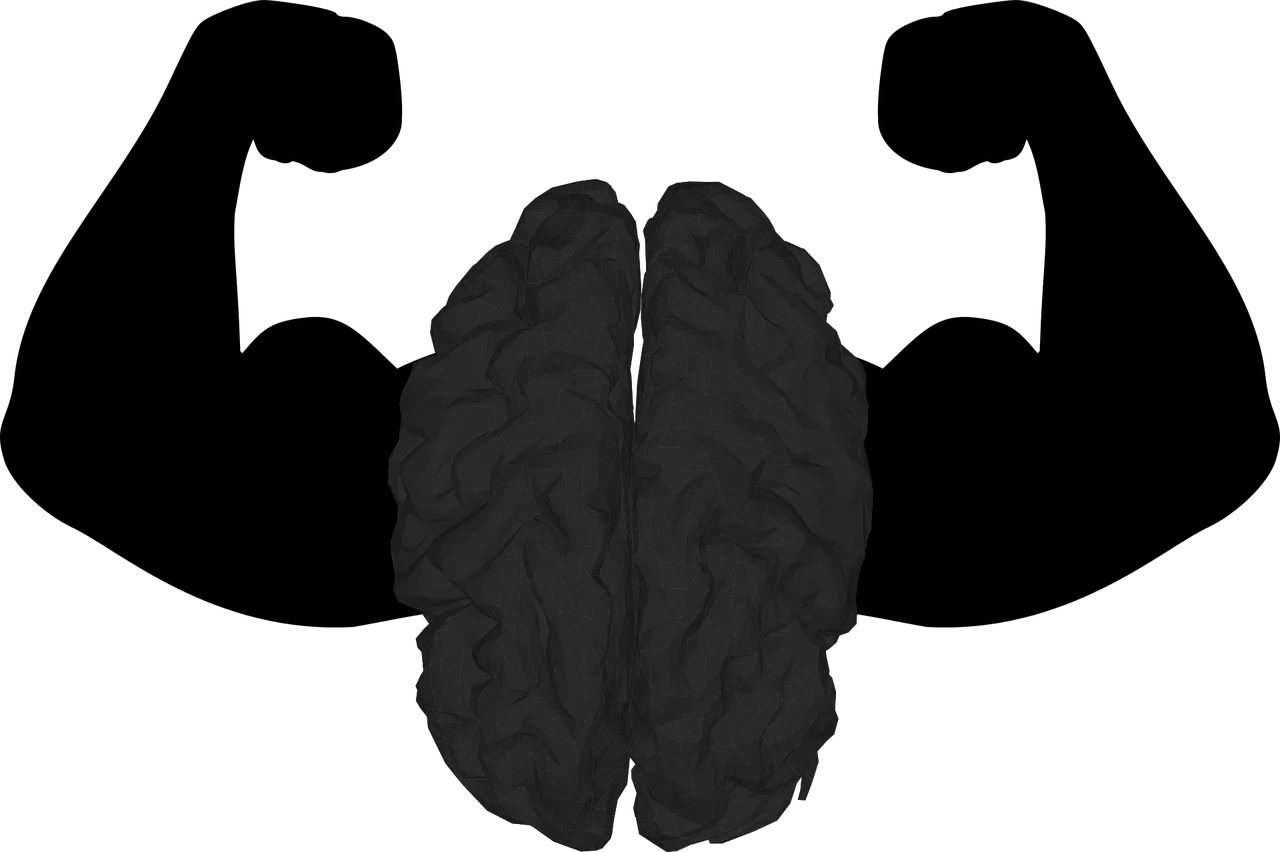“Health is wealth.” The proverb is not unknown to any of us.
However, what health actually is......! It is a debate.
The definition of health has been evolving over time. Some social scientists define it as mental, physical and social well-being. The others are of the idea that it is a dynamic state of well being characterized by an individual’s physical, mental and social potential to meet the demands of life unique to the individual’s age, culture and personal responsibility. Source
The concept of well-being in itself an abstract idea. So defining health becomes more complicated.
Nevertheless, there is a settled consensus now that health is not merely the absence of illness. Also, it is a subjective experience to a great extent.
You might have come across someone who faces physical health issues but seems quite contented with one’s situation. (Such people are rare though)
On the other hand, there are many people around us who do not have any serious physical health issue but they are unlikely to be satisfied with their lives.
Based on my own experiences of life, I am inclined to say that emotional health is far more important than physical health.

Disturbed emotions have the potential to bring disaster in one’s physical and social life. Then it becomes a cycle. Each element of health affecting the other element aversively.
For instance, with disturbed emotions we are prone to interact with people in inappropriate ways which in turn causes more problems and lack of support.
Moreover, the negative effect of emotional upheaval are well known. Stress, after a specific limit, brings serious physical health concerns including gastrointestinal problems, cardiac problems, muscular problems, you name it.
I have myself faced several physical health issues the reason of which was long term stress.
I had developed muscular pain, lack of appetite, continuous nausea, sleeplessness, obsessions and related symptoms.
The emotional disbalance finally resulted in clinical depression. I had to take medicine to come out of the disorder.
Something that I have concluded from my experiences is that the feelings of helplessness and hopelessness are the underlined emotions that compromise mental health.
Hopelessness and helplessness compromise one’s abilities to face and counter the given challenges. As a result the person becomes unable to perform the activities the potential of which is already present in him.
Moreover, these feelings hinders one’s ability to find opportunities and take necessary steps to embark a new journey.
With regard to my experiences, here are a few tips about how one should take care of one’s mental health.
Take Medical Treatment when Necessary
Sometimes, the mental health crises goes so worse that a medical is mandatory to cater the symptoms.
Mental health is stigmatized in many societies. That’s people are reluctant to be labelled with a mental disorder. It only worsens the situation.
Just like physical illnesses, mental illnesses are caused by chemical disturbances in the body. Medicine helps to bring them in normal condition.
Surround yourself with Good People
People around us are one of the great reasons for causing distress or comfort in our lives.
Try to stay away from those whose presence makes you feel bad. There are some people who offer more negative thoughts than positive. They only increase the stress.
Find people who are positive in their thoughts and attitudes. Such people are trustworthy and give you better advice.
Shift your focus from Complaints to Actions
Complaints, complaints and complaints all the time do not help solving anything.
For every problem there is some solution. However, we need to focus more on what can be done to alter the situation than to be overpowered by what the situation is.
A shift in focus from “what I cannot” to “what I can" makes one able to find the opportunities. Little by little, when availed each opportunity leads to a better opportunity.
Limit the Social Media Activities
I don’t know how it stands true for others but it is the case with me.
I studied in my psychology course that social media like Facebook causes depression.
I had not been active at any such forum. When I started using it, I witnessed the negative impact.
Social media activities not only waste time but also the fake happy lives of others make one vulnerable to negative social comparison.
Consciously Find the reasons to be Grateful.
Human mind is prone to have its focus more on negative events. Our memory remembers miseries better than giggles.
The truth is that God has given us more blessings than miseries. When we count them we become grateful.
Gratitude is that positive emotion that accompanies with it many other positive feelings.
It enhances once ability to look for opportunities in one’s surroundings. It undermines the impact of negative elements in our lives
Conclusion
Mental well-being is of crucial importance for a satisfied and happy life. A conscious effort to be grateful facilitate positive emotions. Surrounding oneself with positive people, limiting social media usage and directing one’s thought towards actions also bring positive impact on mental health.
This is my participation for Hive Learner’s featured contest.